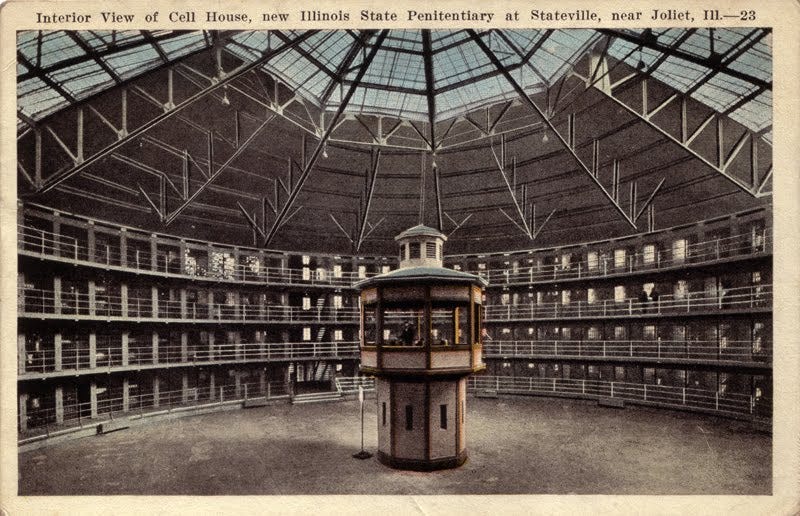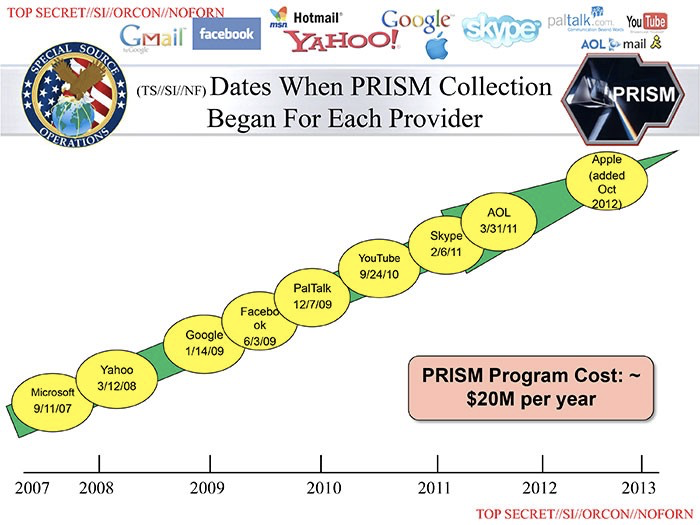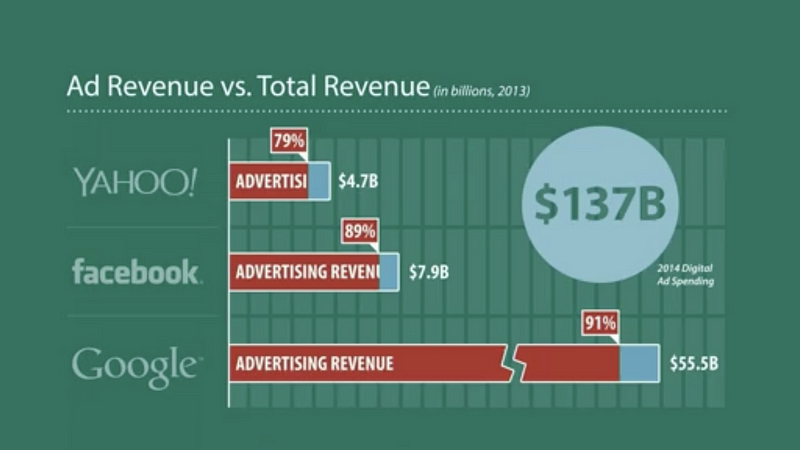Anonymity Doesn’t Align With National Interests or Corporate Profits
- 投稿び

Glenn Greenwald, the writer in the Guardian who worked closely with Edward Snowden, describes the mass-surveillance we see in a cyberspace today as the digital equivalent of The Panopticon. The Panopticon was the building designed by Jeremy Bentham in the late 18th century. As you can see in the picture above, it was designed circular with a guard tower in the middle. From the tower, the guards can watch every person in a building. The trick is that inmates never know when the guards are watching. They had to assume that they are being watched or not, which frighten them. From this ambiguity, they would always behave as if they are being monitored.
Privacy Is Under Attack#
In our age, the government and business corporations are watching us as our guards. We don’t know exactly when they watch us but we know they do.
Government Mass Surveillance Projects#
In 2013, Edward Snowden unveiled that the governmental agencies, with the help from business corporations, have been collecting our messages, phone data, location data and other types of personal data. Verizon had been providing the NSA with virtually all its customers’ phone records. In Britain, GCHQ has been tapping fiber optic cables around the world to collect email messages, Facebook posts, internet histories, and calls. Facebook, Google, and Apple among others had given the NSA direct access to their global network. The slide of the NSA below illustrates how their PRISM spying program collected data from their providers spending $20 million a year. All the users of these business corporations are subject to mass surveillance. Anonymity is not in the national interests.

Privacy Violation Businesses#
A new product quickly becomes so pervasive that it’s sometimes hard to remember what things were like before. I remember I was marveled by the idea of showing my own name on the web when I made my Facebook account in college. Remember that it was uncommon for people to reveal their identity online before.
We have been seeing what Naval Ravikant calls privacy violation businesses. Those Internet businesses are built by violating assumptions about the privacy of data. People used to believe that the web is not a place to share our personal data. But now we share our location data on Google Map, pictures on Instagram and Flickr, resume on LinkedIn, and videos on YouTube.
Their business model doesn’t align with our privacy because they largely depend on ads. They need to surveil you and use the information it collects to sell ads. Anonymity is not profitable.

Why Privacy Matters#
Despite this situation, until recently, I didn’t understand the importance of our privacy or the magnitude of its importance. I used to naively say, “I don’t care about my privacy because I have nothing to hide.” You might be thinking about the same thing. But now I am convinced that everybody has something to hide and it is irrelevant if we have done nothing wrong. We do nothing wrong when we lock the door in the bathroom. We do nothing wrong when we keep our diaries secret. We do nothing wrong when we search for a new job without telling our boss. We do nothing wrong when we use envelopes instead of postcards.
Most importantly, privacy is critical for the freedom of expression. People feel afraid to speak out when they feel they are watched(the chilling effect). They fear that they might be added to some sort of a blacklist and then face negative consequences in real life.
Edward Snowden encapsulates my point well.
“Arguing that you don’t care about the right to privacy because you have nothing to hide is no different than saying you don’t care about free speech because you have nothing to say.”
Get Out of the Panopticon#
David Foster Wallace began his commencement speech with the story of fish.
“There are these two young fish swimming along, and they happen to meet an older fish swimming the other way, who nods at them and says, “Morning, boys, how’s the water?” And the two young fish swim on for a bit, and then eventually one of them looks over at the other and goes, ‘What the hell is water?’”
These young fish won’t realize how important water is for them until it’s taken. The world in which privacy would face constant assault is so alien that it might have never occurred to you to call out privacy as an explicit right. But you could be like a fish in an aquarium with a water leak who doesn’t notice the abuse and its consequence until the freedom of speech is threatened. Our privacy has been gradually taken, and it might be too late when you reach the saturation point.
But you can fight back. See who is tracking you online. Block those trackers. Start using a privacy conscious email provider. Be more mindful when you post contents online. Get out of the panopticon.